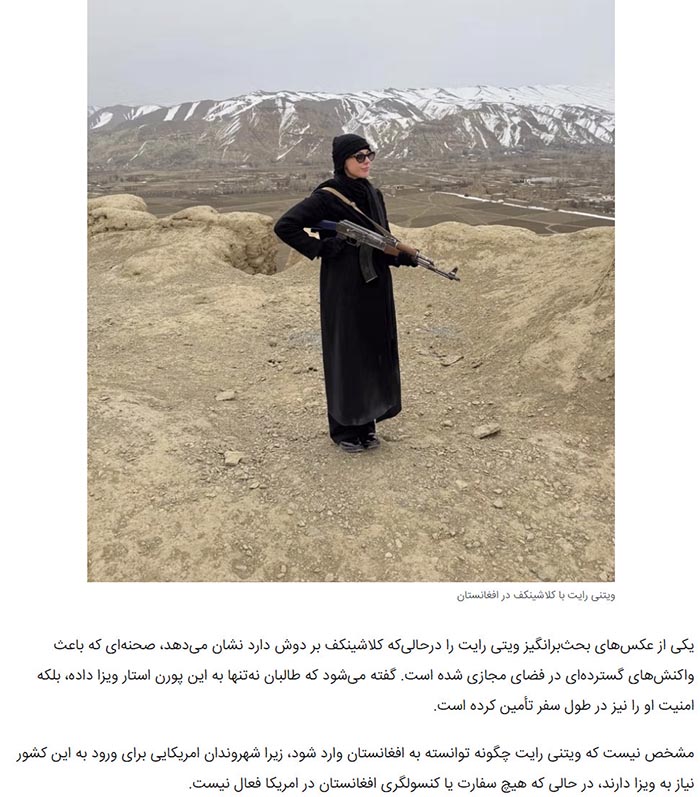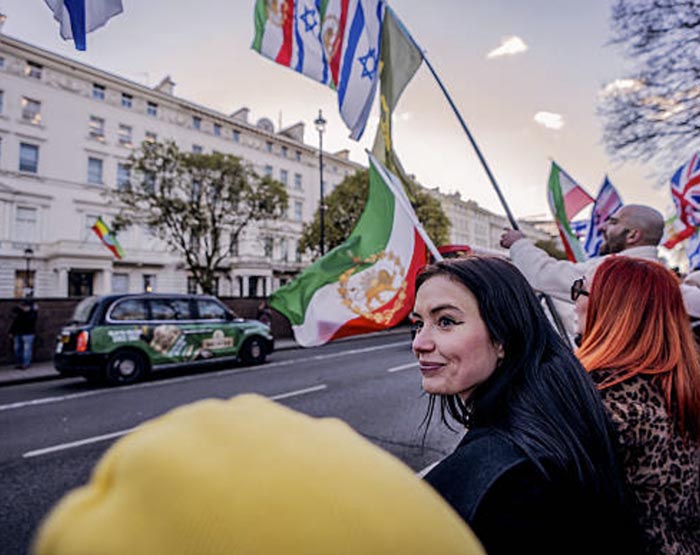Whitney Wright’s Controversial Trip to Afghanistan: A Closer Look
Continued Exploration of Controversies Surrounding Whitney Wright’s Trip
While the surface-level reactions primarily focus on Whitney Wright’s provocative photographs and her choice to visit Afghanistan, delving deeper reveals larger issues of representation, privilege, and the ethics of celebrity engagement with crisis regions.
The Role of Social Media in Shaping Perceptions
Social media acts as a double-edged sword in situations like Wright’s. On one hand, platforms like Instagram and Twitter enable instant sharing of experiences, allowing individuals to connect and engage with global issues. On the other hand, they often lead to superficial engagement with complex realities, generating a form of performative activism rather than substantive dialogue.
Wright’s posts, showcasing her travel to sites of historical significance, might attract followers and provoke intrigue, yet they often skirt around the pressing human rights issues that dominate the real-world experiences of locals. Critics argue that the glamourization of such trips can desensitize audiences to the stark realities facing people in these regions, especially marginalized groups like Afghan women.
Tourism and Ethics: A Complex Relationship
The ethics of tourism in crisis-affected regions is a deeply layered subject. Critics contend that tourists can unintentionally contribute to the objectification and commodification of suffering. Reports of Whitney Wright’s seemingly carefree exploration, especially in areas heavily restricted for Afghan women, spark conversations about the moral implications of visiting countries under regimes that suppress basic human rights.
This brings forth questions about “ethical tourism.” When does travel become exploitative? Can one truly experience a culture without understanding and respecting its context? Many argue that Wright’s venture exemplifies a lack of sensitivity to these considerations, much like previous instances where celebrities have visited war-torn countries without engaging critically with their surroundings.
March 3, 2025 | 7:17 pm




